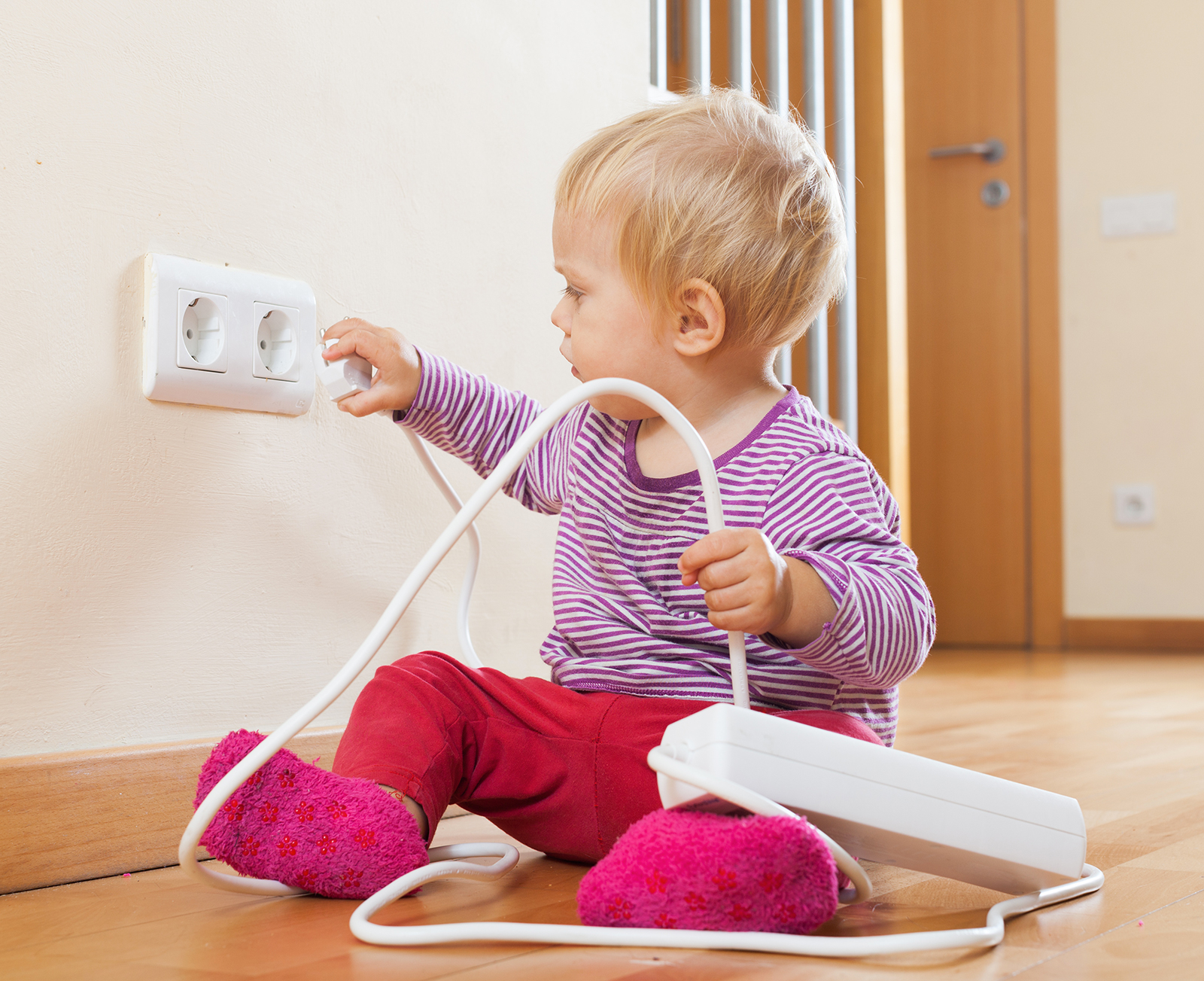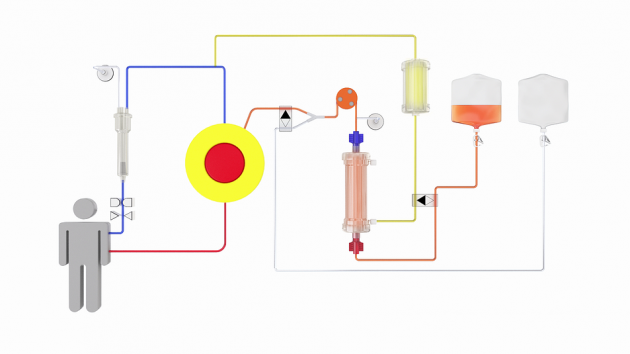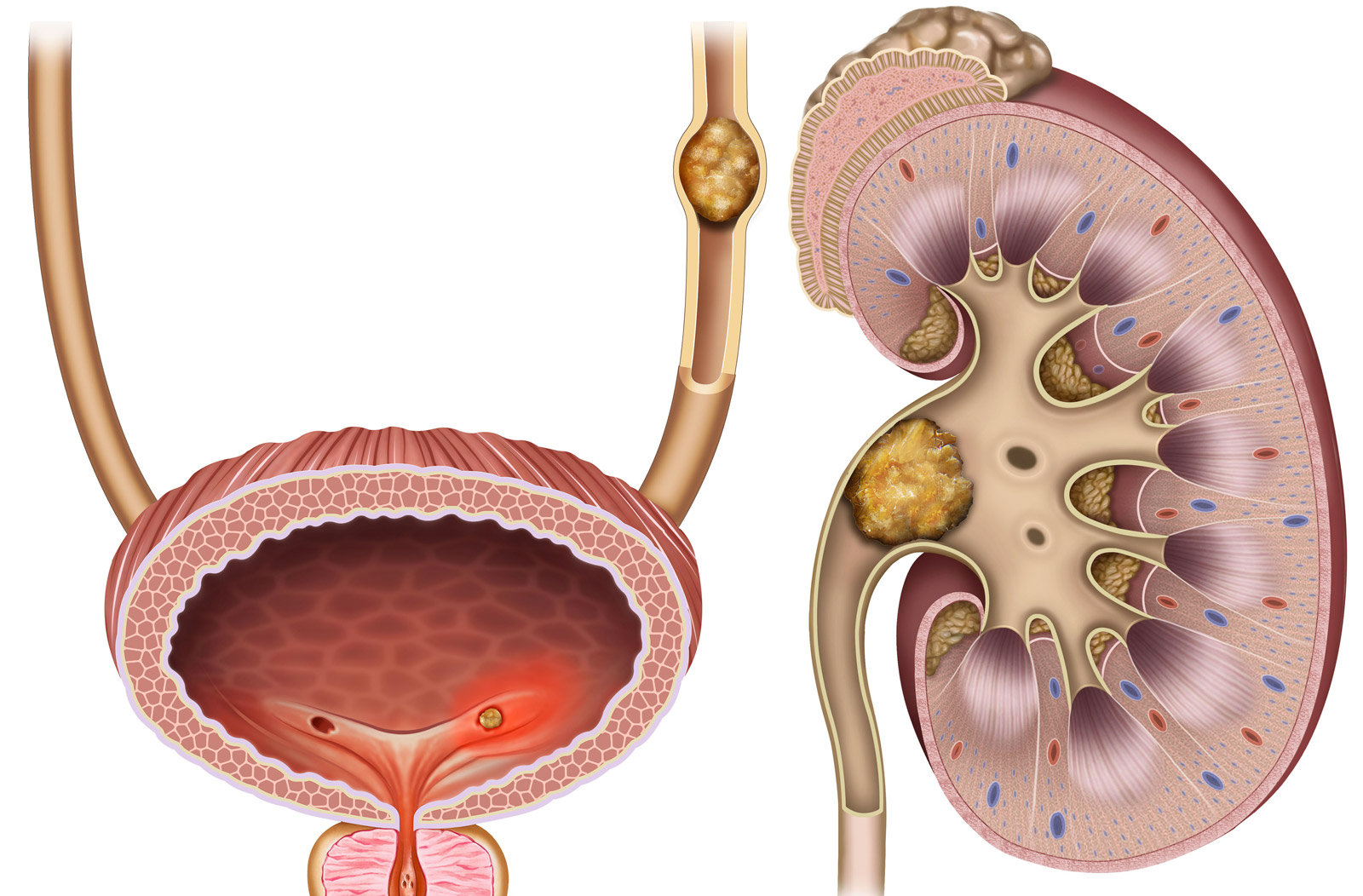Sometimes the question arises as to why during vacation days most couples discover a more vibrant and exciting sex life than is usually experienced in their bedrooms during normal days, and the idea arises that we simply must replicate that atmosphere.
Certainly, people on vacation are more relaxed, away from work and everyday responsibilities, and this is compounded by the opportunity to interrupt the many connections of computers and phones, discovering a thoroughly pleasant time and condition.
Then comes into play the knowledge that they are away from home and therefore freer, that no one will suddenly call from work to give an assignment or know something, and also the feeling of having more desires, feeling more uninhibited.
This set of facts generates an atmosphere of lightness and openness in the couple, an ideal condition for a more casual sexuality, free and not dependent on too many “ifs and buts,” but also stimulated physically by an unusual outdoor life, by such complicating factors as heat, sun on bare skin, the freedom of spaces, the sea, the mountains, the variety of nature, all of which help the couple feel more united, freer to appreciate and enjoy their bond.
Upon returning from vacation, the couple sets out to bring their renewed sexuality home, but gradually, despite their best intentions, they slip back into the same conditions of a more tired and stagnant sexuality.
There are many complex causes for the difficulty of recreating the same atmospheres of “vacation” sex in daily life.
To see through the reasons, people should start from the beginning, from the times when their couple was very involved and lived an exciting and very active sex life, in practice very similar to vacation sex, which, however, over time has turned into routine, becoming rarer, less intense, and therefore less exhilarating.
The decline affected both the quality and quantity of sexual encounters, sometimes becoming for women one of many “household tasks” to be performed and for men a method of relaxation for better sleep.
So the real goal is not only to experience the condition of “vacation sex” but also to regain the sexuality the couple enjoyed at the beginning of the relationship.
Then one wonders what are the factors in everyday life that contribute to dulling a relationship and causing it to lose its polish?
The most obvious and, in the end, most trivial answer is given by the overpowering of routine.
When the partners in a couple no longer see each other as individuals who choose each other, but as a single entity, they somehow lose some of their identity, and this contributes to a fading level of attraction. The relationship becomes less close and intimate, more superficial and taken for granted: there is less eye contact; conversations become less personal; there is less interest in talking and listening to each other; less spontaneity and less desire to play together.
Consequently, lovemaking also becomes habitual, in some cases even stopping altogether. Both members of the pair are involved in predetermined roles. It is no longer the interesting people who have fallen in love but it is the professional, the housewife or the parent, and communication is limited to interactions about the practical aspects of these different roles.
On the other hand, feeling the other as known and “acquired” gives security and alleviates the anxiety of loss and abandonment, feelings that always accompany the beginning of a romantic relationship.



































































































